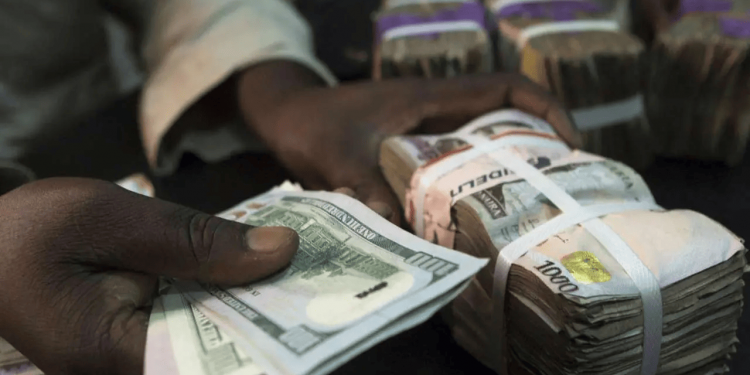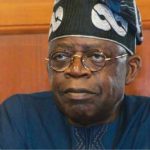The value of foreign exchange turnover in Nigeria’s Autonomous Foreign Exchange Market (NAFEM) rose sharply to N15.74 trillion ($9.90 billion) in August 2024, according to a report by FMDQ. This marks a 33.88% month-on-month increase from July’s N13.23 trillion ($7.39 billion). The Central Bank of Nigeria (CBN) also reported an increase in foreign inflows, reaching $585 million in the same period.
Despite this impressive turnover, the naira continued to depreciate, trading at N1,658 to the U.S. dollar in the official market on Tuesday, down from N1,659 the previous day. In the black market, the naira sold for N1,670.
The increase in forex turnover reflects heightened trading activity and investor engagement, driven by a surge in transactions involving Treasury Bills, Open Market Operations (OMO) Bills, and Federal Government of Nigeria (FGN) Bonds. However, the naira’s depreciation continued to fuel volatility, with fluctuations ranging from N1,543.84 to N1,617.08 in August, compared to July’s range of N1,500.32 to N1,621.12.
Foreign exchange and money market transactions dominated activity in the secondary market, accounting for 69.98% of the total turnover of N40.43 trillion in August 2024. This represents a 31.97% increase from July and a significant 128.57% year-on-year rise.
CBN Governor Olayemi Cardoso emphasized the need for structural reforms to stabilize the naira. “The value of the naira against international currencies cannot improve if the fundamentals of forex expenses are not addressed,” Cardoso said during a press briefing. He stressed the importance of diversifying Nigeria’s economy, moving away from its reliance on oil exports.
Cardoso also highlighted the increase in Nigeria’s external reserves, which reached $39.07 billion as of September 19, 2024, a 17.4% rise compared to the same period in 2023. He added that remittances inflows in August stood at $585 million, up 130% from the previous year, as a result of CBN’s efforts to liberalize International Money Transfer Operators (IMTOs).
While the CBN remains committed to improving market efficiency, Cardoso warned that without a diversified economy and improved oil production, achieving a stronger exchange rate would be difficult. He called for import substitution measures to reduce Nigeria’s reliance on foreign goods, stating, “We must calibrate our taste for foreign products.”
In an attempt to support the naira, the CBN auctioned $876.26 million to end-users through 26 commercial banks. This temporary intervention saw the naira appreciate slightly to N1,596.52 from N1,601. However, the long-term stability of the currency remains uncertain as economic pressures persist.
Cardoso concluded by urging Nigerians to reduce their dependence on imports and stressed that the CBN is ready to penalize those who attempt to manipulate the market.










